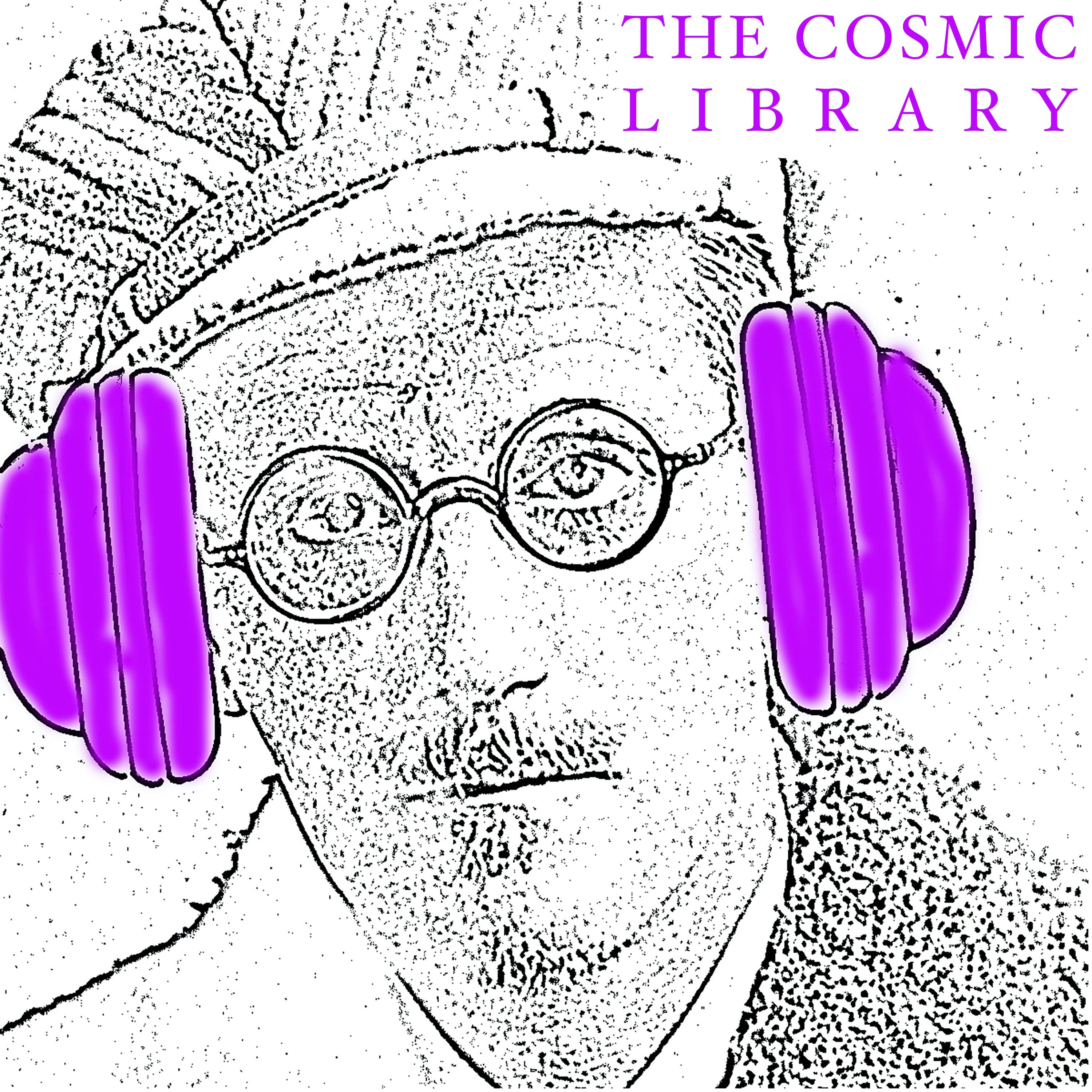3.5 You Take It from Here
Description
It's not just the contradictions in the Hebrew Bible that puzzle and provoke readers—there are, throughout, passages of intense emotional or moral provocation. See, for instance, Ecclesiastes, which in the King James translation begins:
Vanity of vanities, saith the Preacher, vanity of vanities; all is vanity. What profit hath a man of all his labour which he taketh under the sun? One generation passeth away, and another generation cometh: but the earth abideth for ever.
Ecclesiastes challenges familiar notions of what life is about, notions of meaning or usefulness. You have to respond to something like that. You have to think of your own answer to the book that declares: "There is no remembrance of former things; neither shall there be any remembrance of things that are to come with those that shall come after." Poetry often poses such challenges that can't be easily explained or resolved, but in return, these challenges might activate the mind. The poet and critic Elisa Gabbert says, "When I'm reading or when I'm writing, I'm just thinking better than I am at any other time."
The Hebrew Bible prompts you to figure things out on your own, with particular attention to language. As Peter Cole says: "At the very heart of this text, what do you have? You've got this ultimate transparency and ultimate opacity, which is the name of God, the four-letter name of God, which is unpronounceable, and no one really knows what it means."
Learn more about your ad choices. Visit megaphone.fm/adchoices
More Episodes
The word “story” often comes after the word “bedtime,” and for good reason. Stories can frighten us, disturb and shock us, prompt us to change our thinking, but compared to most experiences, reading a story is tranquil. Podcasts, similarly conveying mediated encounters with other lives, are also...
Published 05/22/24
Published 05/22/24
“If my college-age self, reading White Noise, had thought I would one day be discussing word placement with Don DeLillo, I would have had a heart attack,” Deborah Treisman says in this episode. Since those days, in her role as fiction editor at The New Yorker, she has indeed discussed word...
Published 05/15/24


